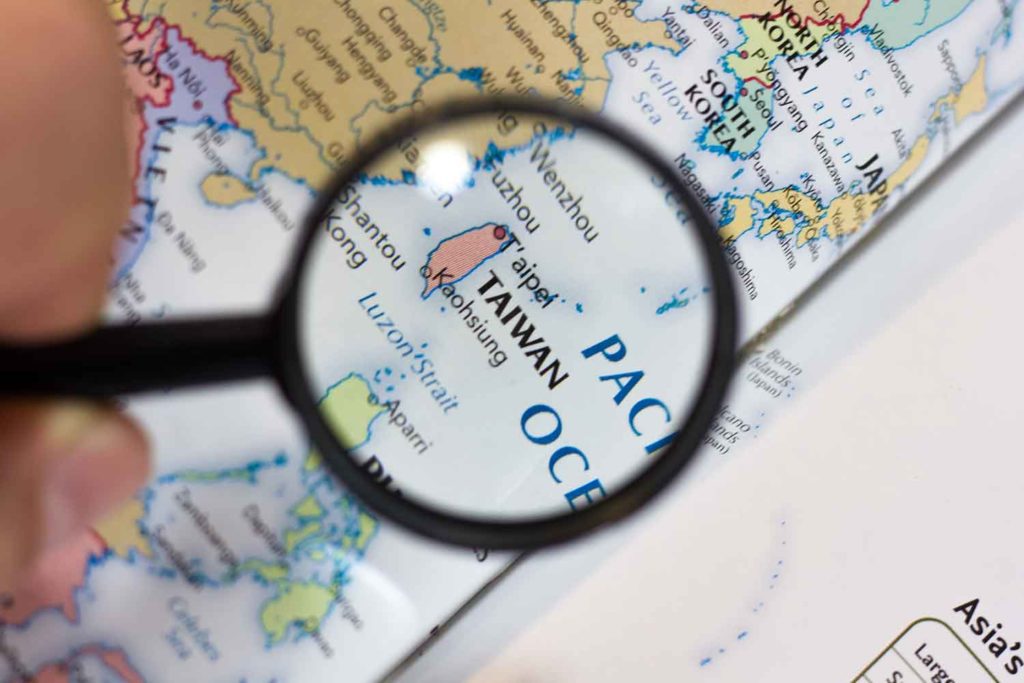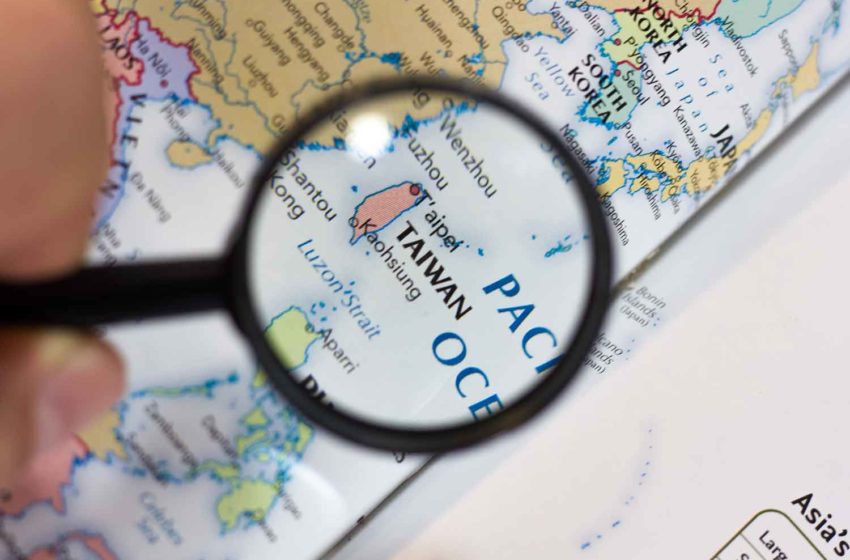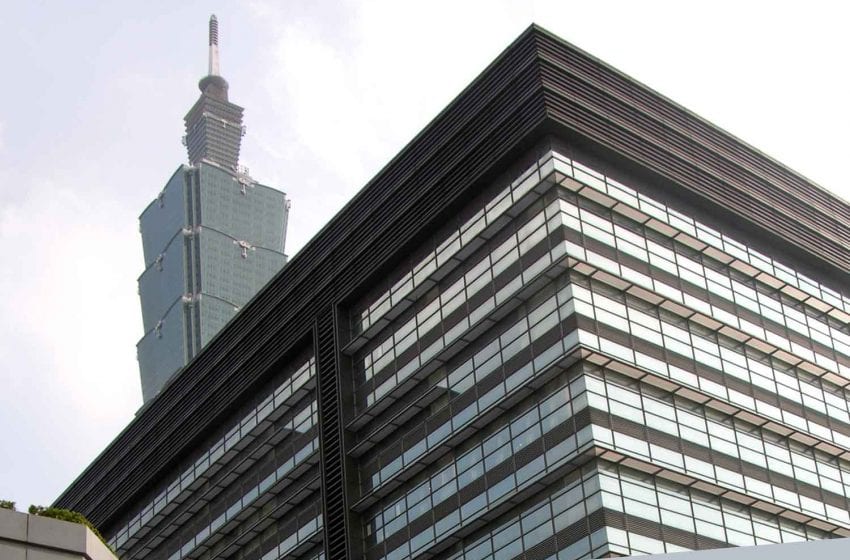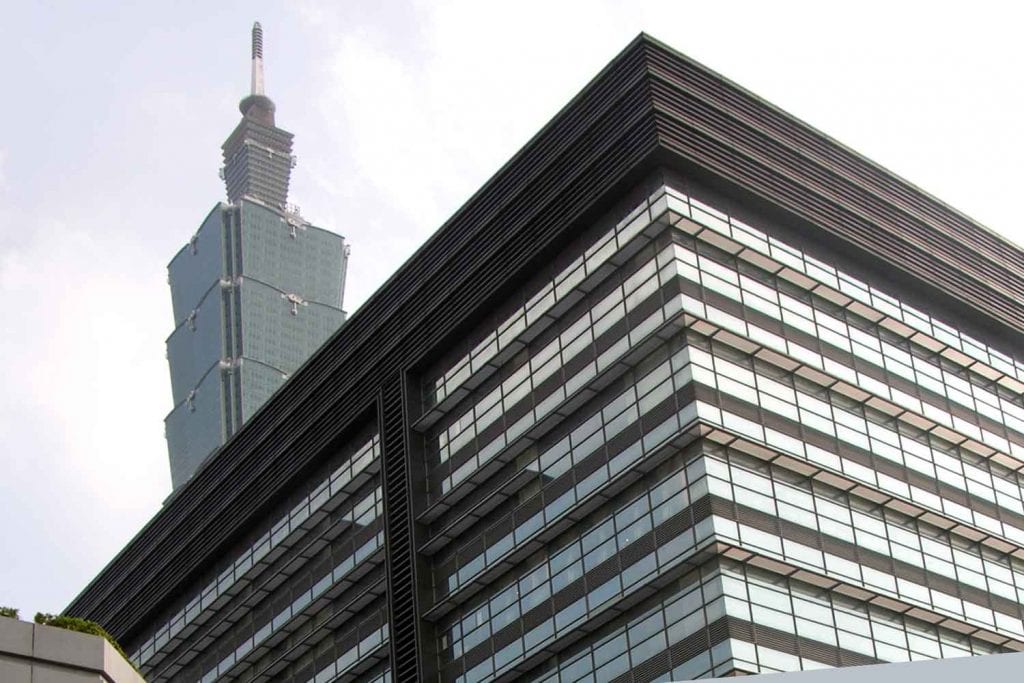
Lawmakers in Taiwan approved amendments to the Tobacco Hazards Prevention Act that would ban e-cigarettes, raise the legal buying age for combustibles and require heated-tobacco products to comply with strict regulations, reports Taiwan News.
People caught using unauthorized vapor products or tobacco-heating devices risk fines of between TWD2,000 ($66) and TWD10,000.
Manufacturers and sellers of such products would be required to submit health risk assessment reports backed by product samples. Unauthorized tobacco manufacturers, importers and advertisers are subject to fines ranging from TWD10 million to TWD50 million, according to the amendments.
Other changes involve raising the legal smoking age from 18 to 20, increasing the proportion of tobacco package warning messages from 35 percent to 50 percent and designating childcare centers and schools as no-smoking areas.
The amendments to the Tobacco Hazards Prevention Act were proposed in part due to concern about the growing popularity of vaping among youth.
The share of e-cigarette users in junior high schools grew from 1.9 percent in 2018 to 3.9 percent in 2021, according to a survey by the Health Promotion Administration, while the share in senior high and vocational schools rose from 3.4 percent to 8.8 percent during the same period. Some critics blame flavors for the increase.
The clauses on e-cigarettes and heated-tobacco products are to take effect one month after the amendments’ contents are announced to the public. The clauses on vapes with additional flavors as well as regulations on packaging are to take effect one year after the amendments are announced.
The last time the Tobacco Hazards Prevention Act was amended was in 2009.














